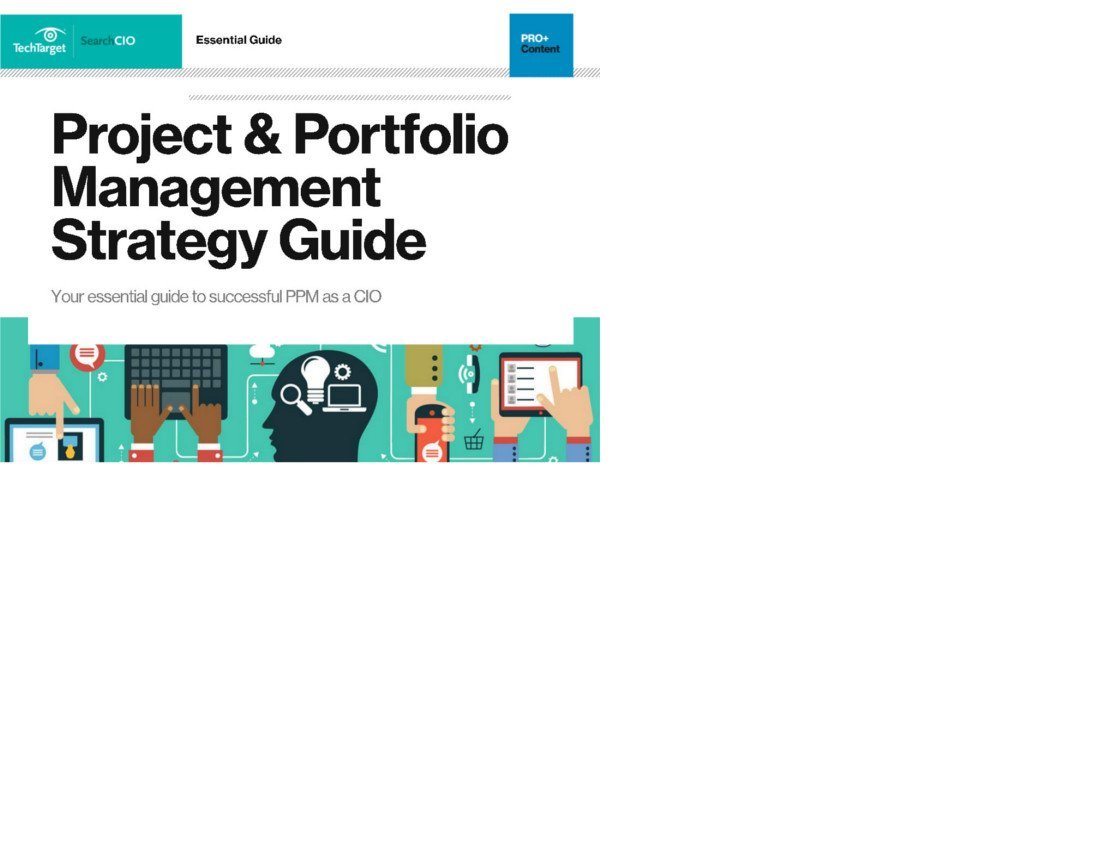John Sculley: CIOs must embrace adaptive innovation, customer plans- Valutrics
Former Pepsi and Apple CEO John Sculley has always had the ability to capitalize on change: The marketing guru implemented revolutionary campaigns such as the Pepsi Challenge that dramatically disrupted the soft-drink industry. Now an in-demand speaker, Sculley often discusses the emergence of what he calls “third-wave companies,” those with the ability to transform in response to changes in the economy, social habits and customer interests. Sculley, who currently helps run companies, including RxAdvance, Zeta Global and Lantern Credit, said during a recent interview that CIOs and other IT leaders must embrace groundbreaking technological advances as part of “adaptive innovation” strategies that take advantage of the myriad of new ways to conduct business. In the second part of this two-part QA, Sculley explains why adaptive innovation is so important to improving crucial business processes such as customer outreach.



What should be in a CIO’s IT strategic plan?
This complimentary document comprehensively details the elements of a strategic IT plan that are common across the board – from identifying technology gaps and risks to allocating IT resources and capabilities. The SearchCIO.com team has compiled its most effective, most objective, most valued feedback into this single document that’s guaranteed to help you better select, manage, and track IT projects for superior service delivery.
By submitting your personal information, you agree that TechTarget and its partners may contact you regarding relevant content, products and special offers.
What advice do you have for companies that struggle to successfully adapt to the rapidly changing, tech-driven business world?
John Sculley: Adaptive innovation is really, really important. Many people think that Darwin’s big breakthrough was talking about evolution being the survival of the fittest. If you go and read his works closely, you’ll see he really said that evolution is about the ability of species to adapt to changing environments. Companies that don’t adapt quickly are companies that can see not only their position in the business rapidly change, but they can see careers change. A good example of that was just recently the CEO of Ford, who had been in his shop for only three years, was fired. He had aspired to make some pretty revolutionary changes for an old line automotive company. The board of directors didn’t feel he was moving fast enough, and so they brought in someone else with a different set of skills to do it better. Those types of things just didn’t happen very often in corporate America in past decades.
 John Sculley
John Sculley
Tesla has a higher market cap than either General Motors or Ford, and it only sells a fraction of the number of automobiles that they do. But the stock market has more respect for the leadership and innovation of an Elon Musk than they have for even a well-established, much larger traditional corporation. And it’s not unique to the automobile industry, it’s something we can see examples of industry after industry.
What advice do you have for CIOs and other IT executives about how they can take advantage of technology to improve customer outreach and business processes?
Sculley: First of all, customer plans are different than the business plan. Business plans, which are an annual ritual for every corporation, are essentially budgeting prophecies which are looking at last year, looking at next year, making some judgements as to what you think are the possibilities of goals, and then to body up the resources to get there.
Customer plans are entirely different. Customer plans say what’s the big juicy problem that these enabling technologies — cloud, unstructured data analytics, machine learning, mobility, internet of things — can help us solve in a different way? They’re looking at the business opportunities not from the constraints of where you’ve been, but looking at the possibilities of what it could be. That’s a big transition for CIOs who have in the past been responding to requests from C-level executives, as opposed to actually being a part of saying ‘what are the possibilities’ and ‘what’s in it for the customer?’ How do you engage with the customer? How do you monetize the customer? How do you retain the customer? How do you create a lifetime value for the customer? All the metrics in a customer plan are around things that are fundamental to improving the satisfaction of experience for the customer. Companies that think that way — Amazon’s a perfect example of that — are going to be the big winners in the long term.
For a CIO, have a big curiosity and be observant of things that are happening that may still be in research mode today, because they are rapidly shifting into commercial. It will roll out at a much faster pace than anything we’ve seen in the past. I’m very involved in machine learning and artificial intelligence, and the speed in which innovation is happening in that sector, and the speed at which it’s been adopted by mainstream players into the central thesis of their industries, is totally unprecedented. Don’t get caught napping.
